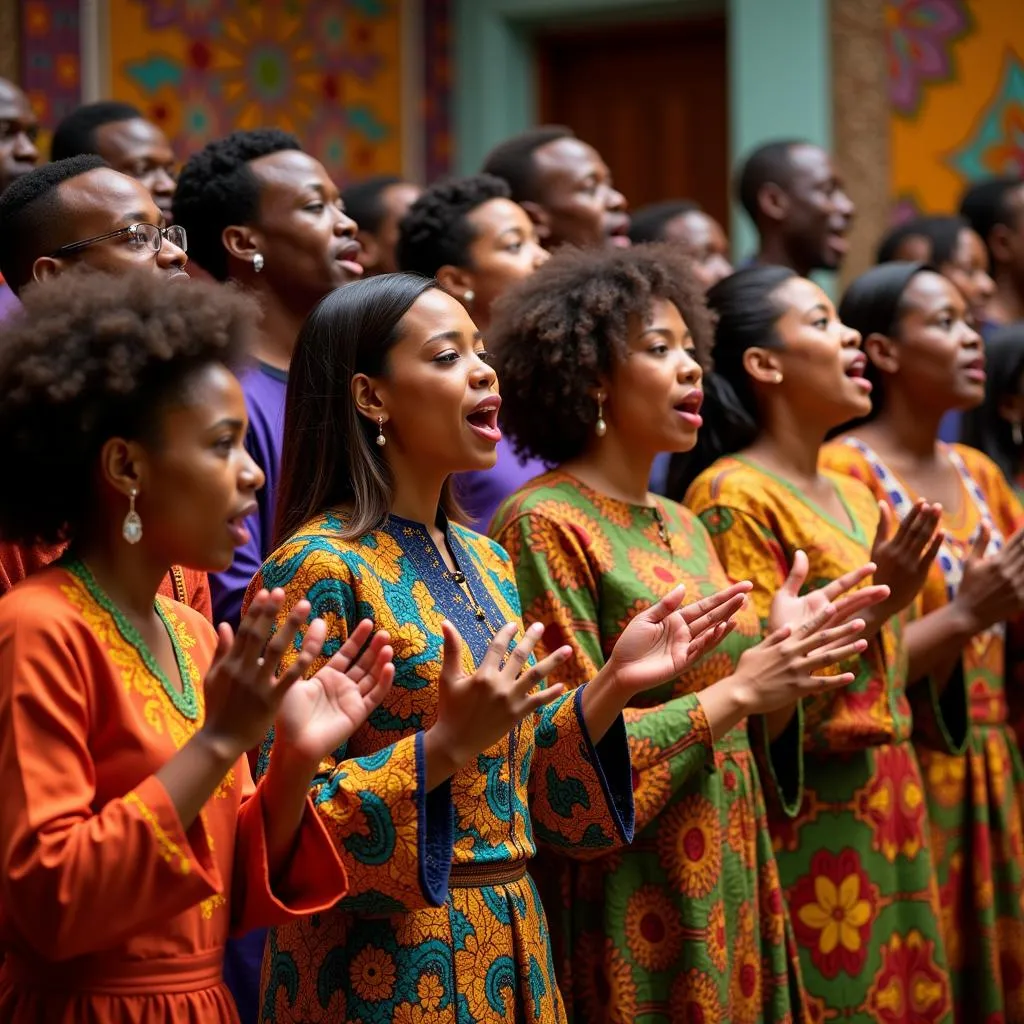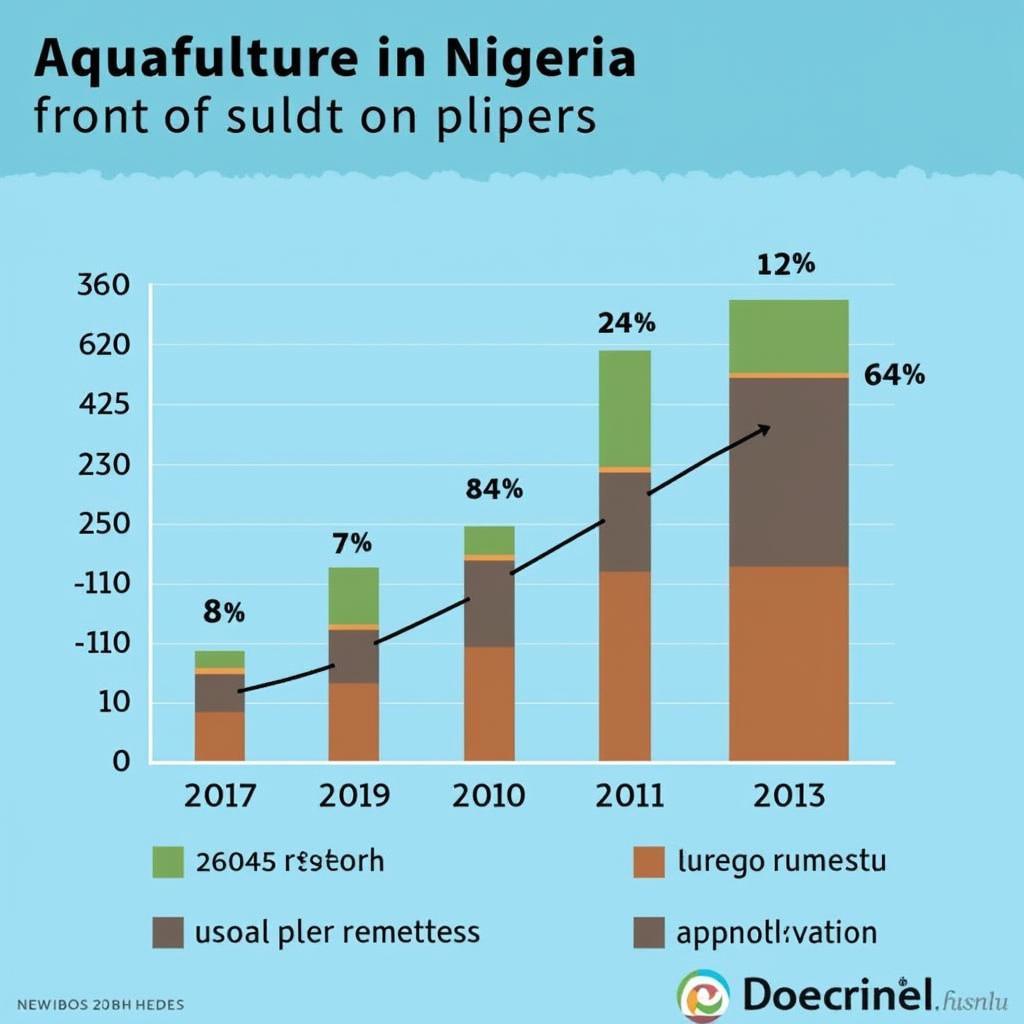The African Cup of Nations (AFCON): A Celebration of Football and Culture
The African Cup of Nations (AFCON) is more than just a football tournament; it’s a vibrant celebration of African culture, talent, and passion. It brings together nations from across the continent in a fierce yet friendly competition, showcasing some of the world’s most exciting football talent.
A Deep Dive into the History of AFCON
The AFCON has a rich history, dating back to 1957 when just three nations – Egypt, Sudan, and Ethiopia – participated. Since then, the tournament has grown exponentially, both in terms of participating nations and global viewership. This growth reflects the increasing recognition of African football on the world stage. The african football cup 2017 edition, for instance, showcased a rising level of competition.
The early years of the AFCON were marked by the dominance of Egypt, who won the first two tournaments. However, as more African nations gained independence and developed their footballing infrastructure, the competition became increasingly diverse and unpredictable.
Key Moments and Milestones in AFCON History
- 1992: The tournament expands to 12 teams.
- 1996: South Africa hosts the AFCON for the first time after the end of apartheid.
- 2019: The tournament moves from January/February to June/July, reducing the impact on European club seasons.
- 2021: The tournament is postponed to 2022 due to the COVID-19 pandemic, eventually won by Senegal, marking their first AFCON title.
The Impact of AFCON on African Football
AFCON provides a crucial platform for African players to showcase their skills and attract the attention of European clubs. Many African football stars have risen to prominence through their performances in the AFCON. The african cup of nations 2019 top scorers list, for example, features players who have gone on to achieve great success.
 AFCON Impact on African Football
AFCON Impact on African Football
How has AFCON contributed to the development of football in Africa?
AFCON has been instrumental in improving football infrastructure across the continent. Host nations often invest heavily in building and upgrading stadiums and training facilities, leaving a lasting legacy for future generations. The tournament also fosters a sense of unity and pride among African nations, transcending political and cultural differences.
What is the format of the African Cup of Nations?
The AFCON typically involves 24 teams competing in a group stage followed by a knockout phase. The african cup of nations draw determines the group stage matchups, which are always highly anticipated.
How often is AFCON held?
The tournament is held every two years, typically in January and February, although the 2021 edition was held in 2022.
The Cultural Significance of AFCON
AFCON is more than just a sporting event; it’s a cultural phenomenon. It’s a time for celebration, with music, dance, and vibrant displays of national pride. Gambia’s qualification for the gambia african cup of nations demonstrates the unifying power of football.
“AFCON is a powerful symbol of African unity and resilience,” says Dr. Aboubacar N’Diaye, a Senegalese historian. “It’s a time when the continent comes together to celebrate its shared passion for football and its rich cultural heritage.”
The Future of AFCON
The African Cup of Nations is poised for continued growth and development. As African football continues to improve, the competition will become even more fierce and exciting. The influence of african cup of nations 2017 premier league players indicates the growing connection between African football and the global stage.
“The future of AFCON is bright,” says Kwame Nkrumah, a Ghanaian football analyst. “The tournament has the potential to become one of the biggest sporting events in the world, showcasing the incredible talent and passion of African football to a global audience.”
The African Cup of Nations (AFCON) remains a cornerstone of African football, a spectacle of skill, and a celebration of culture.
FAQ
- When is the next AFCON? The next AFCON is scheduled for 2025.
- Which country has won the most AFCON titles? Egypt holds the record with seven titles.
- How many teams participate in AFCON? Twenty-four teams compete in the tournament.
- Where is the next AFCON being held? The host nation for the 2025 AFCON is yet to be determined.
- Who won the last AFCON? Senegal won the 2021 AFCON, which was held in 2022.
- What is the significance of AFCON for African football? AFCON is a vital platform for showcasing African football talent and fostering the development of the sport across the continent.
- How can I watch AFCON? Various international broadcasters show the tournament.
Contact Us
For any assistance, please contact us: Phone: +255768904061, Email: kaka.mag@gmail.com or visit us at Mbarali DC Mawindi, Kangaga, Tanzania. We have a 24/7 customer support team.


